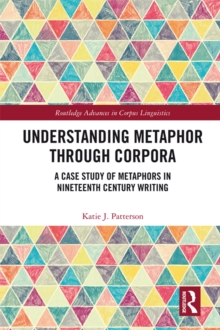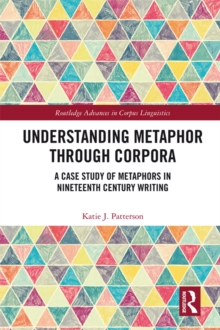
TESOL Student Teacher Discourse : A Corpus-Based Analysis of Online and Face-to-Face Interactions PDF
by Elaine Riordan
Part of the Routledge Advances in Corpus Linguistics series
Description
This book explores the use of online and face-to-face interactions in language teacher education (LTE) by assessing the formation and practices of a community of practice (CoP), and evaluating the roles discussions between student teachers and a peer tutor can play in terms of identity formation, articulating narratives, reflective practices, and maintaining affective relationships. The specific context within which this is embedded is a Teaching English to Speakers of Other Languages (TESOL) programme, often known as English Language Teaching (ELT), at a third-level Irish institution. The data drawn on come from student teachers on a master's (MA) programme who interacted with a peer tutor (the researcher) via a number of modes (face-to-face and online). The approach to data analysis is a corpus-based discourse analytical one, which examines the linguistic features of student teacher and peer tutor talk; the features of CoP practices in the discourse; and how different modes of communication shape the nature of this discourse. Perceptive data from the student teachers is used to outline their reactions to the modes of communication and the activities they participated in.
Information
-
Download - Immediately Available
- Format:PDF
- Pages:252 pages
- Publisher:Taylor & Francis
- Publication Date:15/05/2018
- Category:
- ISBN:9781317402749
Other Formats
- Hardback from £150.00
- EPUB from £40.49
- Paperback / softback from £44.75
Information
-
Download - Immediately Available
- Format:PDF
- Pages:252 pages
- Publisher:Taylor & Francis
- Publication Date:15/05/2018
- Category:
- ISBN:9781317402749










